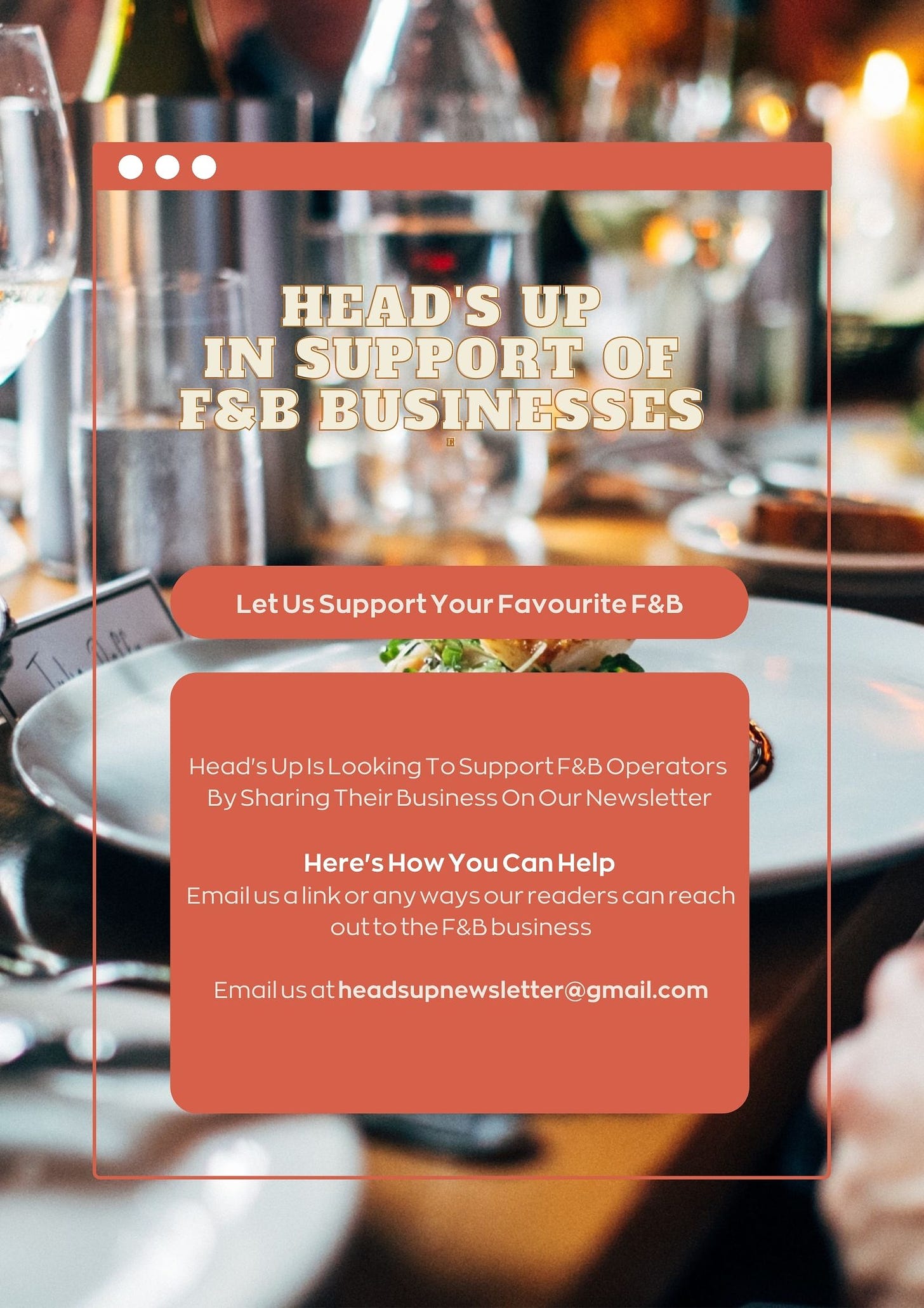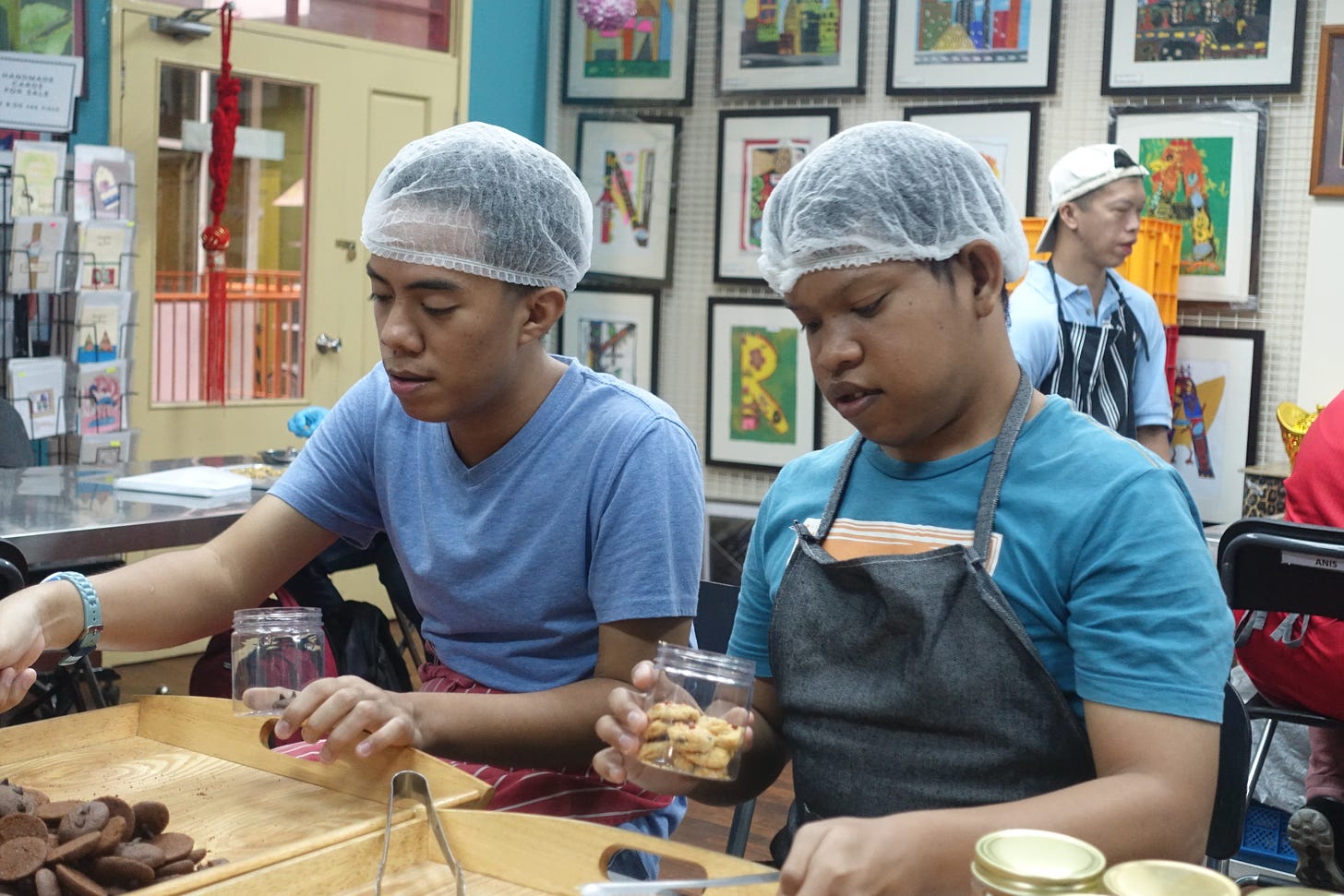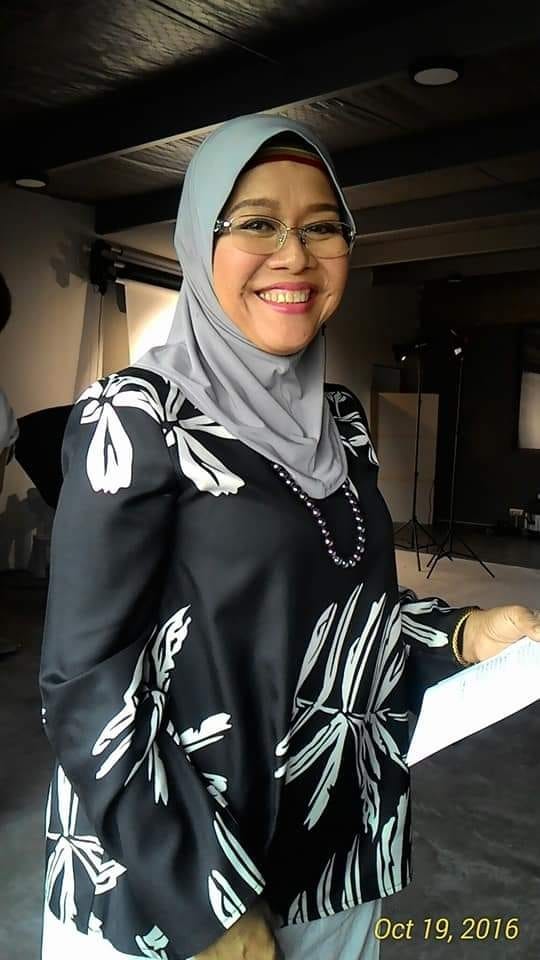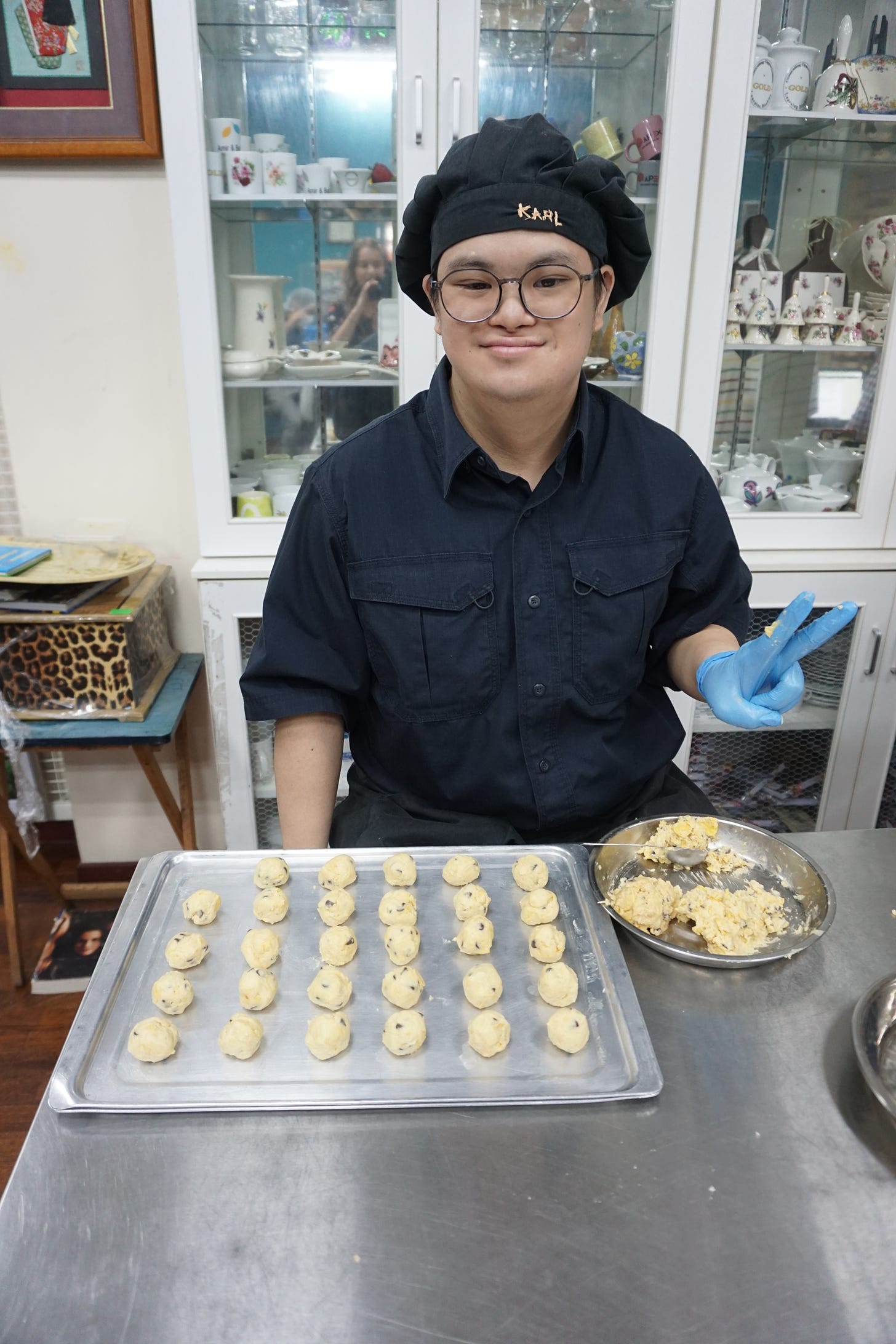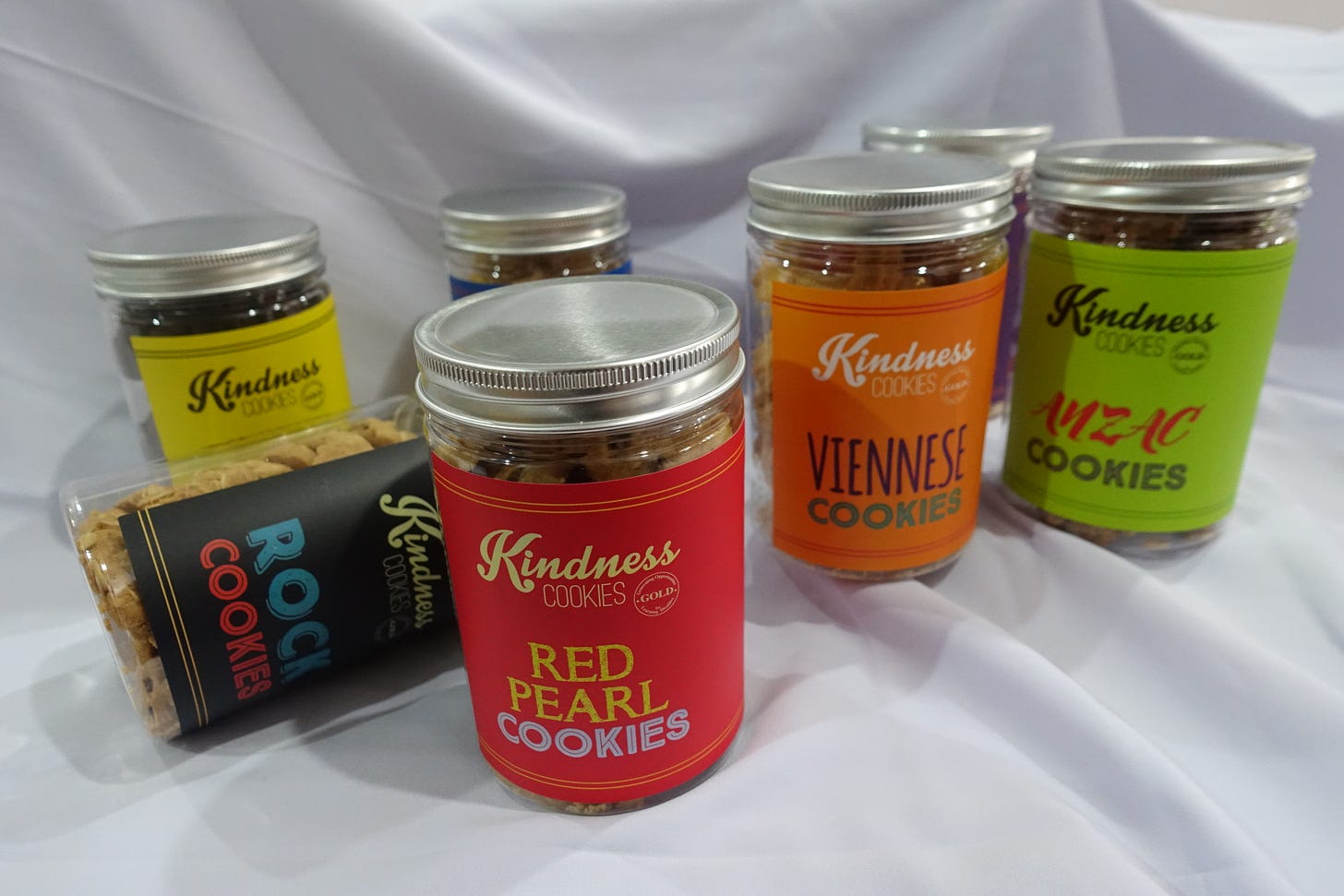GOLD: Bridging Gaps For The Learning Disabled
Welcome back to an all new Head’s Up. This week, we speak to social entrepreneur and founder of GOLD, Hjh. Juairiah Hj. Johari on providing opportunities for the learning disabled and shaping them to become contributing members of the society.
If you missed the previous interviews on Head’s Up, click here and here.
But just before you go on to read this week’s interview, we have a small announcement. Head’s Up recognises that the F&B ecosystem has taken some of the major hits due to the lockdown and rising Covid cases. Every week, at least one business decides to shut their doors for good.
To play a role in helping these businesses, we want you to share with us your favourite local restaurant to be featured on our newsletter. All you have to do is send us a link to your favourite restaurant via email or just let us via the comments below.
1. Can you share more about your business and how did you get your start in the industry?
GOLD (Generating Opportunities for the Learning Disabled) is a not-just-for-profit organisation that seeks to provide training and work skills for the learning disabled in their transition to becoming contributing members of society. We registered in 2012 when a group of Special Needs teachers and parents realised that there was a gap between education and employment of this particular group of differently-abled individuals
2. What goals do you hope to achieve with your business?
As a social enterprise, GOLD’s business model is to develop, impart and enhance young adults with life skills that will equip them with not just social independence but also the financial capital to start a life of their own.
We’re able to do this through channeling our profits back to this group of beneficiaries in the form of allowances, capability building and related development programmes.
3. What challenges have you faced in growing your business and do you think challenges faced by women and men entrepreneurs are different?
In our particular business, both male and female entrepreneurs have the same challenges. In growing the business, we are now finding that we need to be making our sales online and through social media such as Instagram, Facebook as well as on-line marketing platforms like Shopee and Lazada; and no longer through the brick and mortar shop that these businesses traditionally operated in.
Now, we need to learn these new concepts of marketing and sales. What we’ve found is that the best marketing approach is still through sharing information with our personal contacts and through word of mouth to get the buy in from them.
4. How can we tackle issues related to stereotypes and have you faced any from investors or consumers?
People often assume that we are an old-fashioned and traditional NGO unlike the more agile young entrepreneurs. But the proof is in the pudding – we’ve been in business for over 20 years, we’ve never missed paying a single paycheck and our profits have continued to grow since our inception.
Sometimes people also pass remarks related to cleanliness and violence among PWDs but with proper training and guidance, we’ve passed several health audits that confirms that we only practice the highest hygienic and process standards.
5. How has the industry and government policies helped you to grow your business?
We’ve been privileged to received support via MaGIC in the form of grants, training, mentorship and networking opportunities with other Social Entrepreneurs. Because we are based in Sunway, we’ve also been getting lots of support from Sunway Group over the years as loyal clients and supporters of our work. The government’s attachment programme further provides the basis that allows students transition from school to work.
6. How can we encourage for more female entrepreneurs to join the business ecosystem?
It’s important to profile more women entrepreneurs to encourage women and girls to participate. We should be sending the message that ‘if I can do it, so can you’.
7. What more can be done?
Perhaps consider institutionalising Gender, Equality and Social Inclusion requirements in selecting projects and initiatives to support.
8. How has this lockdown affected your business and how can better policies/aid help you to overcome and survive stronger in the coming months?
Over 60% of our business has been affected by this MCO. As our business is considered nonessential, we’ve been unable to operate production, sales and marketing our product despite demand for it.
There should a mechanism to consider allowing vaccinated staff members to come to work. The blanket ban is not effective. If further action isn’t taken, we may have to consider closing the business as we are unable to service our overheads.
9. How will potential investors help to elevate your business?
Additional investments can allow us to offer better product offerings such as more cookie flavours or expansion into other types of kuih. We can also make improvements in our kitchen to increase efficiencies and quality of our cookies.
10. What are some of the lessons you have learnt and how has failure shaped your journey as an entrepreneur?
It isn’t easy but it is incredibly rewarding. Meeting with other social entrepreneurs that have similar social missions allow us to calibrate our purpose towards the greater good. There’s no such thing as failures, only lessons.
11. How can Malaysians show their support to your business?
Just sign up for an “Adopt A Jar” programme with us for 6 months or 1 year contract for our Kindness cookie. If 84 people sign up a year, we are able to pay all 15 young adults under our employment full pay .
To learn more and if you would like to show your support toward GOLD, click on the links below:
Website : gold3c.blogspot.com
Purchase cookies : gold-kindness-cookies.weeblysite.com
Facebook : Facebook.com/gold3c
Instagram : instagram.com/goldstrmy
Whether it’s a feedback or if you would like us to put your story out there, feel free to reach out to us via headsupnewsletter@gmail.com




